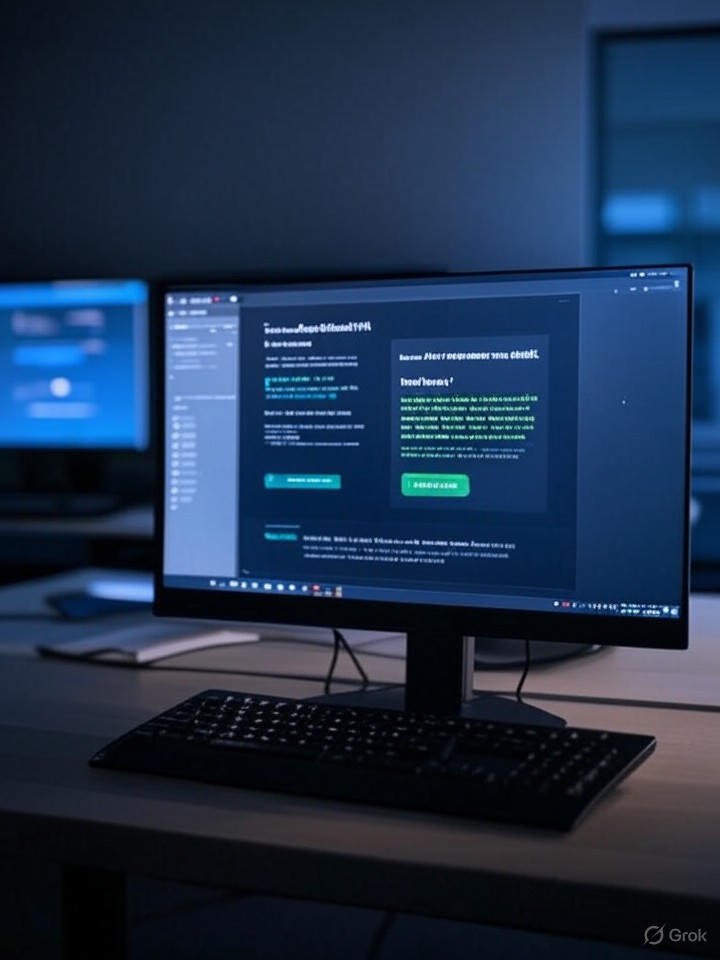[ad_1]
Emerging Threat in Cybersecurity
In the ever-evolving world of cyber threats, a new vulnerability has surfaced, putting SonicWall VPNs squarely in the crosshairs of ransomware operators. According to a recent report from TechRadar, there’s been a noticeable uptick in malicious VPN logins targeting these devices, exploiting what appears to be a zero-day flaw. This development has sent ripples through the industry, as SonicWall’s secure access solutions are widely used by businesses to enable remote workforces.
The attacks, primarily linked to the Akira ransomware group, involve intruders gaining unauthorized access through SonicWall’s SSL VPN appliances. Cybersecurity researchers at Arctic Wolf Labs, as detailed in reports from Cybersecurity Dive, have observed multiple intrusions since mid-July 2025, even on fully patched systems. This suggests the exploitation of an undisclosed vulnerability, allowing attackers to bypass standard security measures and deploy ransomware payloads.
Details of the Exploitation
The modus operandi involves initial access via the VPN, followed by lateral movement within the network to encrypt data and demand ransoms. Publications like SecurityAffairs highlight that these attacks have targeted organizations across various sectors, with intrusions peaking in late July 2025. The fact that patched devices are vulnerable underscores the zero-day nature of the flaw, catching vendors and users off guard.
Further insights from The Hacker News reveal that Akira operators are methodically exploiting this weakness to hit SonicWall SSL VPNs, potentially leading to widespread data breaches. Industry insiders note that such zero-days are particularly insidious because they exploit unknown weaknesses before patches can be developed, giving attackers a significant head start.
Industry Response and Mitigation
SonicWall has acknowledged the surge in attacks, urging customers to monitor their systems closely and implement multi-factor authentication where possible. As reported by BleepingComputer, the company is investigating the potential zero-day, with Arctic Wolf providing early warnings based on their incident response data. This collaborative effort between vendors and cybersecurity firms is crucial in containing the threat.
Experts recommend immediate actions such as restricting VPN access, enabling logging for anomalous activities, and preparing incident response plans. Insights from Help Net Security emphasize the importance of proactive monitoring, noting that the attacks often begin with suspicious logins that can be flagged early.
Broader Implications for Enterprise Security
This incident highlights the persistent risks associated with remote access technologies, especially in a post-pandemic era where VPNs are integral to business operations. Ransomware groups like Akira are becoming more sophisticated, targeting supply chain elements to maximize impact. As per analysis in Dark Reading, the exploitation suggests an as-yet-undisclosed flaw, prompting calls for enhanced vulnerability disclosure practices across the industry.
For industry insiders, this serves as a stark reminder to diversify security stacks and invest in threat intelligence. While SonicWall works on a fix, affected organizations must remain vigilant, potentially isolating VPN traffic and conducting thorough audits. The evolving tactics of cybercriminals demand adaptive defenses, ensuring that one zero-day doesn’t compromise entire networks.
Looking Ahead: Prevention Strategies
Preventing such attacks requires a multi-layered approach, including regular penetration testing and employee training on phishing awareness, as these often precede VPN compromises. Sources like MSSP Alert stress the need for managed security services to detect anomalies in real-time. As the investigation unfolds, the cybersecurity community awaits SonicWall’s official patch, which could mitigate the immediate risks.
Ultimately, this zero-day exploitation underscores the cat-and-mouse game between defenders and attackers. By staying informed through reliable channels and implementing robust security hygiene, enterprises can better withstand these sophisticated threats, safeguarding their digital assets in an increasingly hostile environment.
[ad_2]
Source link

